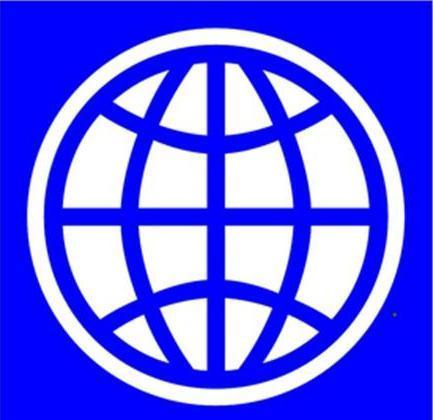WASHINGTON (PAN bank said on Tuesday, cautioning after security transition the rate could drop over the next three years.
“Afghanistan’s economy grew robustly by about 11 percent mostly due to a good harvest,” said the World Bank’s report on Global Economic Prospects for 2013, which is in contrast to other countries of the region.
Projections suggest that even with favorable assumptions, real GDP growth may fall from the average of 10 percent per year experienced over the past decade to 4-6 percent for 2013-2015, the report said.
As compared to a growth rate of 7.4 percent in 2012, South Asia’s GDP is projected to grow by 5.7 percent in the 2013 calendar year, and by 6.4 and 6.7 percent in 2014 and 2015, respectively.
In India, the region’s largest economy, growth measured in factor-cost terms is projected to decelerate to 5.4 percent in 2012 (ending in March 2013) from 6.5 percent in the 2011 fiscal year.
“Growth in Pakistan, the second largest economy in the region, remained broadly stable at a projected 3.8 percent in the 2012-13 fiscal year, compared with 3.7 percent in 2011-12,” the report added.
The World Bank said Afghanistan was in a state of transition involving the handover of security responsibilities from international forces to the government in Kabul — a process characterised by considerable political and security uncertainty.
“However, in 2012, Afghanistan’s economy grew strongly as a result of an exceptionally good harvest. Real GDP growth is estimated at around 11 percent, a significant increase from 7.3 percent in 2011.”
The good harvest also brought Afghanistan to near food self-sufficiency and slowed inflation to be 4.6 percent in July 2012 on a year-on-year basis, although inflation edged up to 5.4 percent in September, the document explained.
The medium-term outlook for Afghanistan remains cautiously optimistic. At the Tokyo conference in July 2012, donors pledged sufficient funds to fill Afghanistan’s (civilian) financing gap (estimated at $4 billion per year on average over the next years), and this should allow the government to sustain service delivery and development gains.
“Nevertheless, the transition process, which is associated with a decline in military and civilian aid, and the upcoming presidential elections could further increase uncertainty in the medium term and take a toll on investor confidence,” the World Bank said.
mud








GET IN TOUCH
NEWSLETTER
SUGGEST A STORY
PAJHWOK MOBILE APP